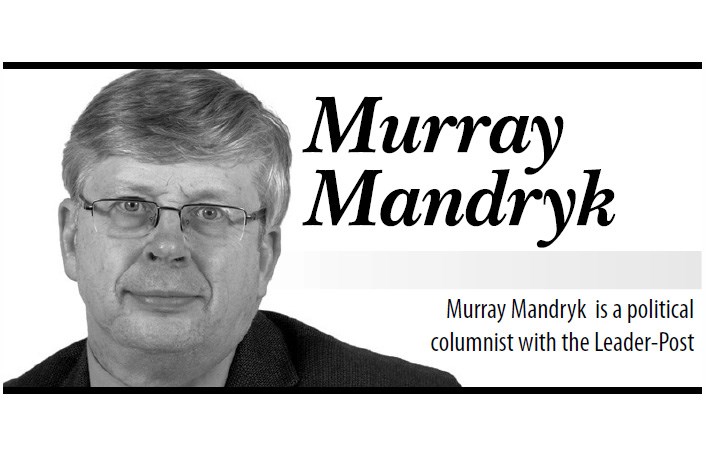Really, the only people who should be telling you how to vote are the people who are who running for office themselves.
It’s certainly not the job of the media and – not with-standing the views of angry old Conservatives who feel Prime Minister Stephen Harper isn’t getting a fair shake because he’s being asked about what his direct staff knew about that $90,000 cheque to Mike Duffy – reporters have voiced no such opinions.
Various interest groups clearly feel it’s their job to tell you how to vote – often, based on nothing other than a single issue. However, federal election laws have clamped down on how vocal they can actually be during the campaign period.
But one group that should really not be telling you how to vote is other politicians – specifically those politicians at other levels of government that must work with whomever gets in power for the best interest of people in their jurisdiction.
And in that sense, Premier Brad Wall is playing a bit of dangerous game in what very much seems a back-door way to get this federal campaign back on Harper’s agenda.
In fairness to Wall, he is neither first nor the only provincial leader to butt into federal campaigns. And by no means has he been the worst. That distinction should likely go to Ontario Liberal Leader Kathleen Wynne, who eagerly picked a fight with Harper on the Ontario pension plan.
Moreover, it’s hardly any secret that there have been very close ties between the Saskatchewan Party and the Conservatives from the very beginning, including Wall who makes no bones that he and family support and campaign for local MP David Anderson.
Many rural Sask. Party MLAs represent the same voters as rural MPs, so there would be a natural allegiance in issues and how they are approached. For example, it’s very hard to find a Sask. Party MLA critical of the Conservatives position on gun control or the Canadian Wheat Board’s demise.
That said, the co-existence can get a bit too cozy when it comes to federal support for Saskatchewan initiatives like highway programs or the new stadium or even the approach that the federal Conservatives took with the railways when it came to getting the grain moving.
But while politicians are certainly allowing their personal opinions that are roughly going to fall in line with party members or like-thinking parties at other levels, a line is crossed when a provincial politician uses his or her avails of office to persuade voters how they should vote.
With that in mind, Wall might be playing a dangerous game in his attempt to push voters away from unpopular Conservative issues like the Duffy trial and towards is-sues supposedly to Harper’s strength like the economy.
Wall told CBC Radio’s The House a couple weeks ago that “it’s remarkable that we’ve heard as little as we have” on the economy and heard so much about “a certain trial underway in Canada (which) is taking up a lot of oxygen.”
Wall may be right to suggest that the economy had been receiving short shrift and well within his right at least to send letters to Harper, NDP Leader Tom Mulcair and Liberal Leader Justin Trudeau, inquiring about the party leaders for their policies related to energy, genetically modified organisms, pipelines and equalization payments.
From there, Wall suggested his government will analyze the positions and make a determination as to whose policies would be best for Saskatchewan.
While the economy is important, the implication of Wall’s approach – even if he tries to suggest otherwise – is that it is the only issue by which voters should be making their decision.
This is not how it works. Voters get to vote for whom-ever they want for whatever reason they want.
And Wall may very well be overstepping the line in his role.




